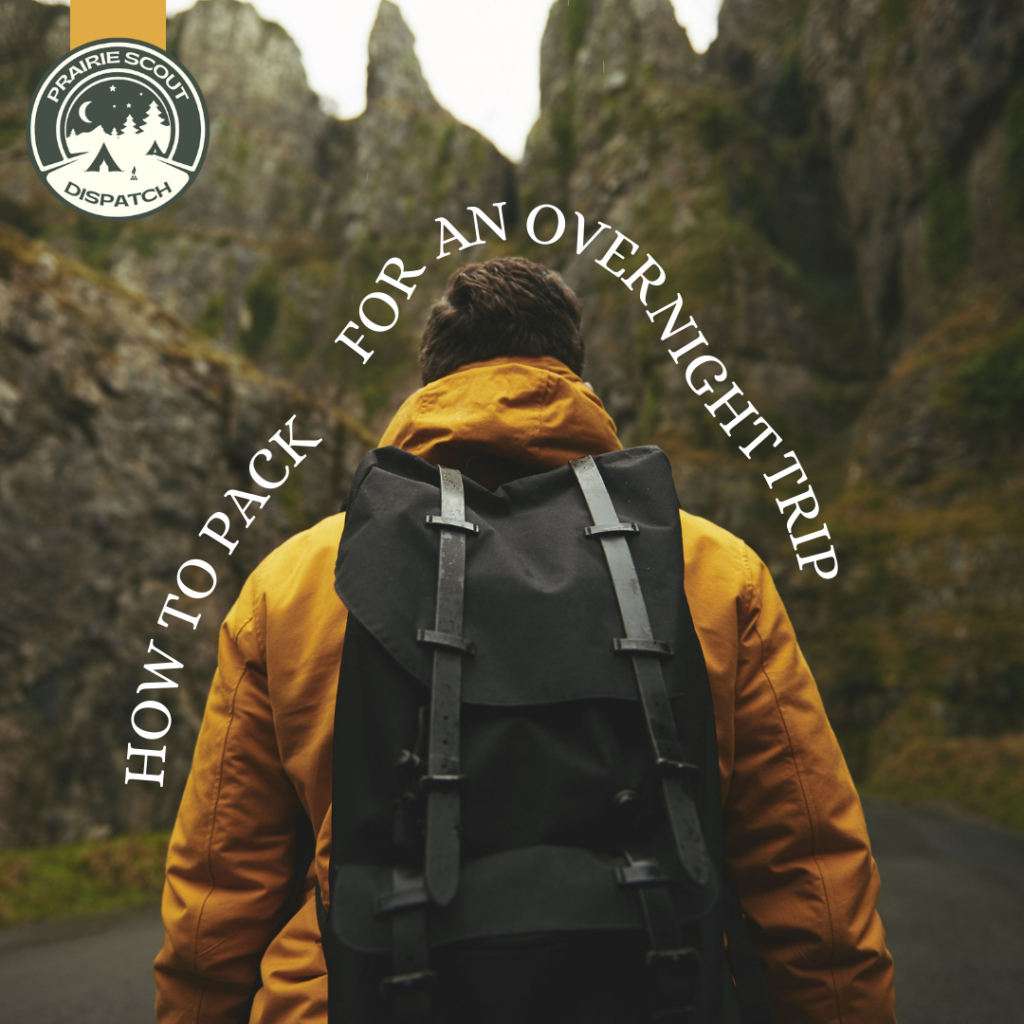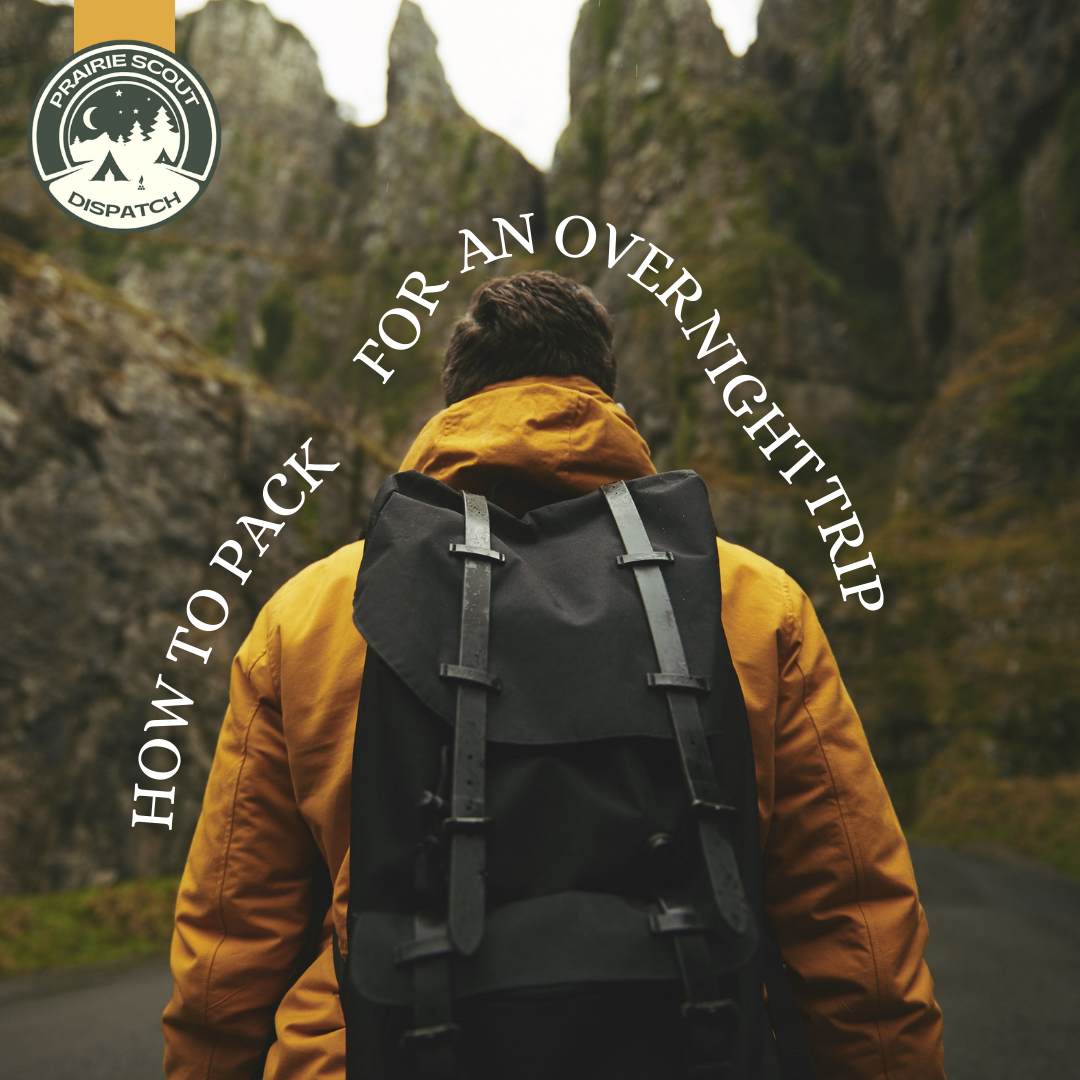The Essential Guide for Packing for an Overnight Hike

Embarking on an overnight hike is an exhilarating adventure that allows you to escape the noise of the city and immerse yourself in the tranquillity of nature. However, packing for such a journey requires careful consideration of essential items to ensure your safety, comfort, and enjoyment along the trail. In this blog post, we’ll provide a comprehensive packing guide to help you prepare for your overnight hiking excursion.
Backpack:
Start with a sturdy, comfortable backpack that fits your body well and has enough capacity to hold all your gear. Look for features like padded shoulder straps, a hip belt, and multiple compartments for organization.
Shelter and Sleeping Gear:
- Tent, Hammock, or shelter: Choose a lightweight, weather-resistant tent or hammock for shelter.
- Sleeping Bag: Select a sleeping bag suitable for the expected temperature range, and consider using a compression sack to save space. Use a compression sack to make it small.
- Sleeping Pad(OPTIONAL): Opt for a lightweight, insulated sleeping pad to provide cushioning and insulation from the ground. If it’s only one night, you may be tired enough to just forget this for the evening.
Clothing:
- Layers: Dress in layers, make sure you bring a hoodie in case it gets cold at night.
- Outerwear: Pack a waterproof and windproof jacket to protect against the elements.
- Extra Clothes: Include extra socks, underwear, and a change of clothes.
- Sleeping Clothes: Bring clean clothes to sleep in so that you can change out of your gross sweaty clothes from the day.
- Hat: Bring a full wide brimmed hat.
Food and Water:
- Water: Carry an ample supply of water or a water filtration system to replenish your water bottle along the trail.
- Meals and Snacks: Pack lightweight, high-energy snacks like nuts, dried fruit, energy bars, and dehydrated meals that require minimal preparation.
- Cooking Supplies: Bring a lightweight stove, fuel, cookware, utensils, and a portable water filter or purification tablets if needed.
Navigation and Safety:
- Map and Compass: Carry a detailed map of the area and a compass for navigation, even if you rely on a GPS device.
- First Aid Kit: Pack a compact first aid kit with essential items like bandages, antiseptic wipes, pain relievers, and blister treatment.
- Emergency Supplies: Include items like a whistle, signalling mirror, fire starter, multi-tool, and duct tape for emergencies.
- Personal Locator Beacon (PLB) or Satellite Messenger: Consider carrying a PLB or satellite messenger for remote communication and emergency assistance.
Personal Items:
- Hygiene Products: Pack travel-sized toiletries, biodegradable soap, hand sanitizer, and toilet paper in a waterproof bag.
- Sun Protection: Bring sunscreen, lip balm with SPF, sunglasses, and a wide-brimmed hat to protect against sunburn.
- Insect Repellent: Apply insect repellent or bring a mosquito net to ward off bugs, especially in wooded areas. Don’t bring a giant economy sized one. You’re just gone one night.
What do you bring that we missed?
Packing for an overnight hike requires careful consideration of essential items to ensure your safety, comfort, and enjoyment along the trail. By following this comprehensive packing guide and tailoring it to your specific needs and preferences, you can embark on your overnight hiking adventure fully prepared and equipped to embrace the wonders of nature. So gather your gear, lace up your hiking boots, and set out to explore the great outdoors on your next overnight hike.






